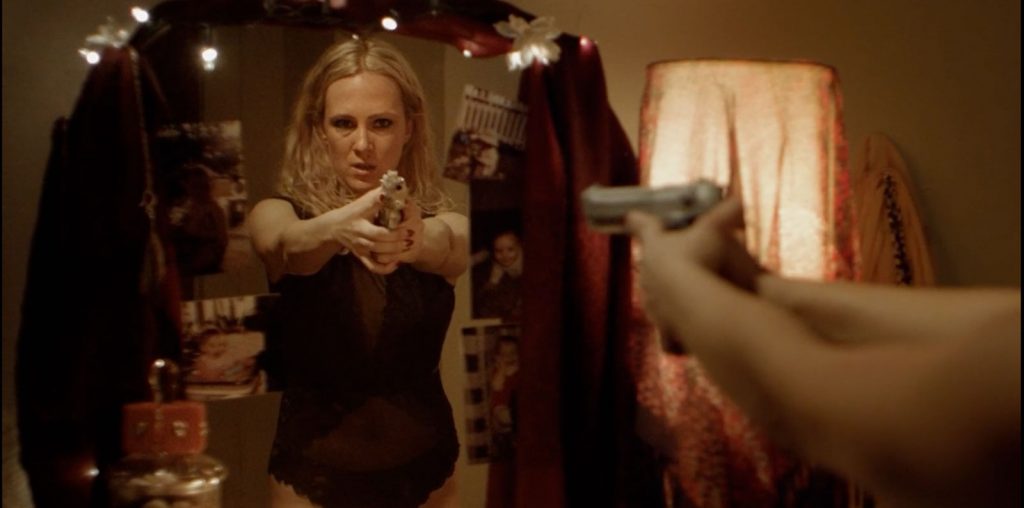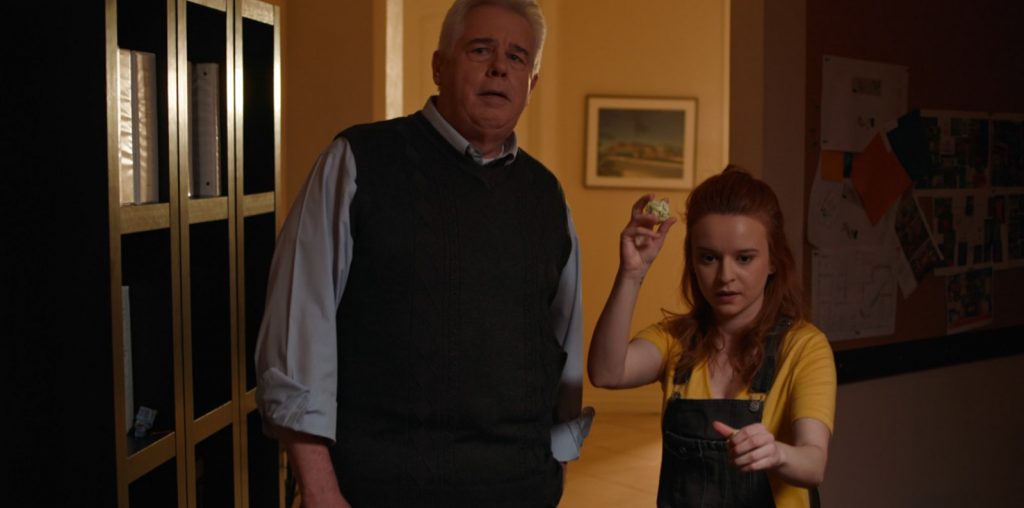
How far is too far? How many freedoms can a government take from its people before they rise up and say “enough”? These are the questions explored in Horak and Suchanek’s Havel, the story of the Chekoslovakian playwright, activist, and president.
Viktor Dvorak is brilliantly restrained in his performance as the titular Havel. Instead of the over the top, force of nature artist we are used to seeing in movies, we get a more restrained, quiet, even cowardly figure. A simple man who only wants to pursue his art but is forced into action to defend his country. Dvorak gives us a slow evolution of a rather normal person who finds himself with no other option than to try and change the world around him.
The story of Havel traces his evolution from libertine playwright to political activist, to president. Also, how a small group of intellectuals helped to create a nationwide movement that toppled the Communist Party in a non-violent uprising. These are all earth-shattering events, but in Havel, they are, for the most part, happening in the background. Horak and Suchanek focus more on Havel, the man. In particular, his relationship with his wife Olga (Ana Grieslerova). Olga becomes his moral compass. But she never berates or needles or scolds. She is simply presented as a good and moral person. The simple act of being around her made Havel want to act better and work harder. But what is brilliant here is that the filmmakers and actors decide to show, not tell. There is no grand speech where Havel tells Olga what she means to him. Instead, it is all in the way the story is presented and in the acting of our two leads.
“…traces [Havel’s] evolution from libertine playwright, to political activist, to President…”
Director Slavek Horak and writer Rudolph Suchanek take certain liberties not only with the story but with reality. Certain artistic flourishes like Havel leaving a courtroom only to appear later, raising up one of the walls like a theater curtain, and then watching the proceedings as though it’s a play, are a fun way to highlight the idea that this is all just political theater. Though Havel worked in the theater of the absurd, and this would be considered magical realism. Nitpicky, I know, but I’m a pedantic a-hole.
The difficulty in exporting a biopic is that an international audience won’t have the same reaction to the characters. With the leads, you can take the time to show the audience why they are important to history. Not so much with the cameos from various historical figures. If you present an American audience with someone portraying Lyndon Johnson, there is going to be an immediate and visceral reaction for good or ill. This effect will decrease as you get further away from the intended audience with a shared cultural and historical experience. And this is one of the problems with movies like Havel. Historical figures are introduced and framed in such a way that the audience knows they are supposed to be important. To someone familiar with these figures, they can add gravitas and/or signify the importance of your main character. But, to anyone who isn’t familiar with Chekoslovakian history, it feels like random characters who are taking up screen time, bog down the story, then disappears.
Havel is a challenging piece of work that might have you googling certain events and characters to fully understand their importance to the narrative. However, it is also an enjoyable film that breaks from the traditional mold of what we in the west have come to expect from a biopic.

"…breaks from the traditional mold of what we in the west have come to expect from a biopic..."


